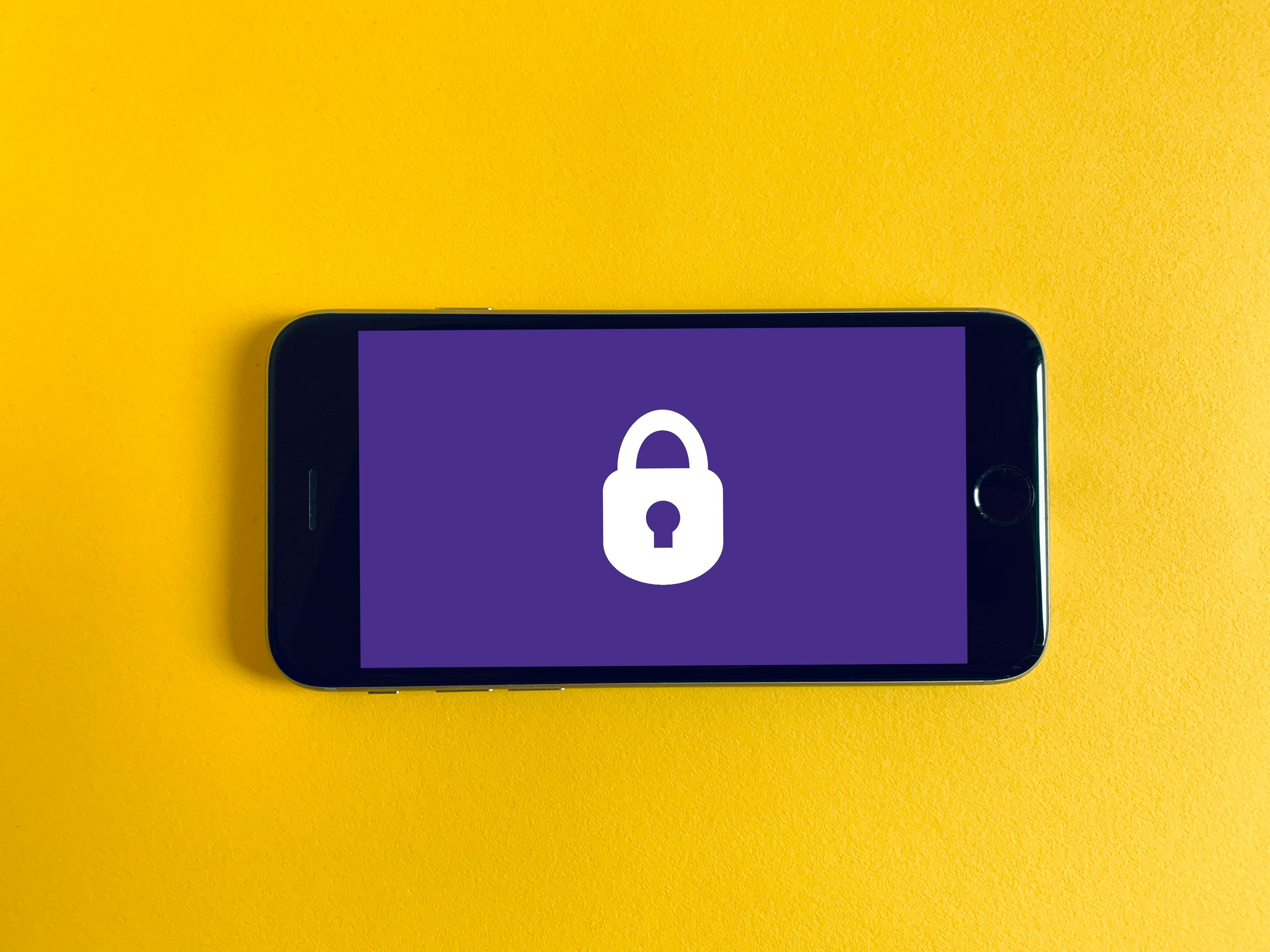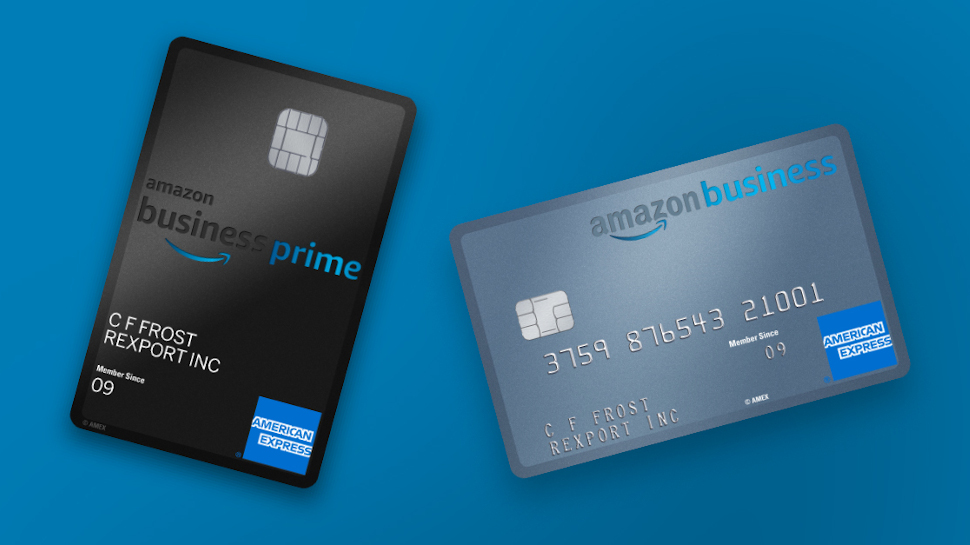Unmasking the secrets of identity theft protection: stop scammers in their tracks
Here's what you can do to protect yourself better

Online scamming has led to a significant increase in identity theft. Luckily, reputable companies have stepped forward to offer identity theft protection services. By signing up, you're better prepared to stop would-be thieves from stealing identifying information like Social Security numbers, bank accounts, and more.
Are the best identity theft protection services worth it? Here's a look at the pros, cons, and costs of these services.
A Techradar Choice for Best Identity Theft Protection Aura is an excellent choice thanks to its user friendly interface, antivirus service and detailed reporting dashboard. Save up to 50% with a special Techradar discount.
As previously noted, identity theft is an ever-growing problem. The U.S. Federal Trade Commission (FTC) said that consumers filed 5.7 million fraud reports in 2021, valued at more than $5.8 billion. Of these, one-quarter were specific to identity theft, which saw a 113% increase year-over-year.
There are eight types of identity theft. These can include government documents or benefits fraud, which typically involves someone using someone else's Social Security number, credit card fraud, and loan or lease fraud. There's also phone or utility fraud, banking fraud, employment or tax-related fraud, medical identity theft, and child identity fraud.

What's identity theft protection?
Identity theft protection is a blanket term to describe the various services designed to better protect individuals from those looking to profit from stealing their identity. These services break down into four broad categories: identity monitoring, credit monitoring, identity recovery, and identity theft insurance.
Identity monitoring
Identity monitoring services can automatically scan the web and online databases for someone's personal information such as Social Security numbers or email. If this information is found somewhere it shouldn't be (on the dark web), the service provider can decide whether this information has been misused or part of known data breaches.
Unlike other identity theft services on this list, identity monitoring is preventative because nothing has happened to harm someone's identity yet. However, when potential breaches are found, the services present a list of solutions to resolve the issue.
Are you a pro? Subscribe to our newsletter
Sign up to the TechRadar Pro newsletter to get all the top news, opinion, features and guidance your business needs to succeed!
For example, let's say your email is part of a significant retail store breach. Under this scenario, an email and password could unlock your credit cards and other identifying information to the criminal. When a violation is detected, you can quickly change your retail account password or close the account entirely so criminals can't use the account for nefarious reasons.
Identity monitoring services cost anywhere from $5 to $30 per month. In addition, many packages also include credit monitoring services.

Credit monitoring
Through a credit monitoring service, individuals can quickly access their credit reports and credit scores using various online tools, both free and paid. Designed to uncover potential identity theft in real-time, credit monitoring services provide alerts whenever changes are detected. With this information in hand, consumers can quickly determine whether the changes are appropriate — or a sign that identity theft is taking place.
Among the types of transactions a credit monitoring service can detect include:
- New account openings
- Unauthorized transactions on current accounts
- Address changes
- Late payments
- Closed accounts
- Other suspicious activity
Credit monitoring services come in free and paid flavors. Identify which features are most important and choose a service that best matches those needs—the paid packages run between $5 and $30 per month.
Identity recovery
With identity recovery services, a consumer gets a helping hand when something has happened, and it's time to resolve the issue. These service companies can assist with freezing credit reports, draft letters to credits indicating theft has occurred, and contact law enforcement as needed.
Victims can go through the identity recovery process without a third party. However, it's likely to take more time. At the minimum, victims should review the FTC's free recovery place service.
Paid services for identity recovery are priced between $15 and $30 per month.
Identity theft insurance
Identity theft insurance is a service designed to cover the costs associated with ID theft. A subscriber will receive reimbursement for any monies spent on reclaiming financial identities and repairing credit reports by paying a monthly or yearly fee.
Identity theft insurance is built-into homeowners' and renters' insurance policies. Separately, packages are priced at $25 to $50 a year. In addition, all policies have deductibles to consider; these costs must be paid before the identity theft insurance begins paying.
Policies cover a range of topics, including:
- Credit report costs
- Phone calls
- Lost wages
- Notary fees
- Document mailing
- Legal fees
- Child care costs
- Credit monitoring services
Is identity theft services worth it?
Consumers should take advantage of free identity theft services and monitor credit reports for irregular changes.
More from TechRadar Pro
- You might also be interested in the biggest ID fraud cases of all time
- We've identified the best identity theft protection tools of the year
- Also the best credit monitoring services
Bryan M. Wolfe is a staff writer at TechRadar, iMore, and wherever Future can use him. Though his passion is Apple-based products, he doesn't have a problem using Windows and Android. Bryan's a single father of a 15-year-old daughter and a puppy, Isabelle. Thanks for reading!

